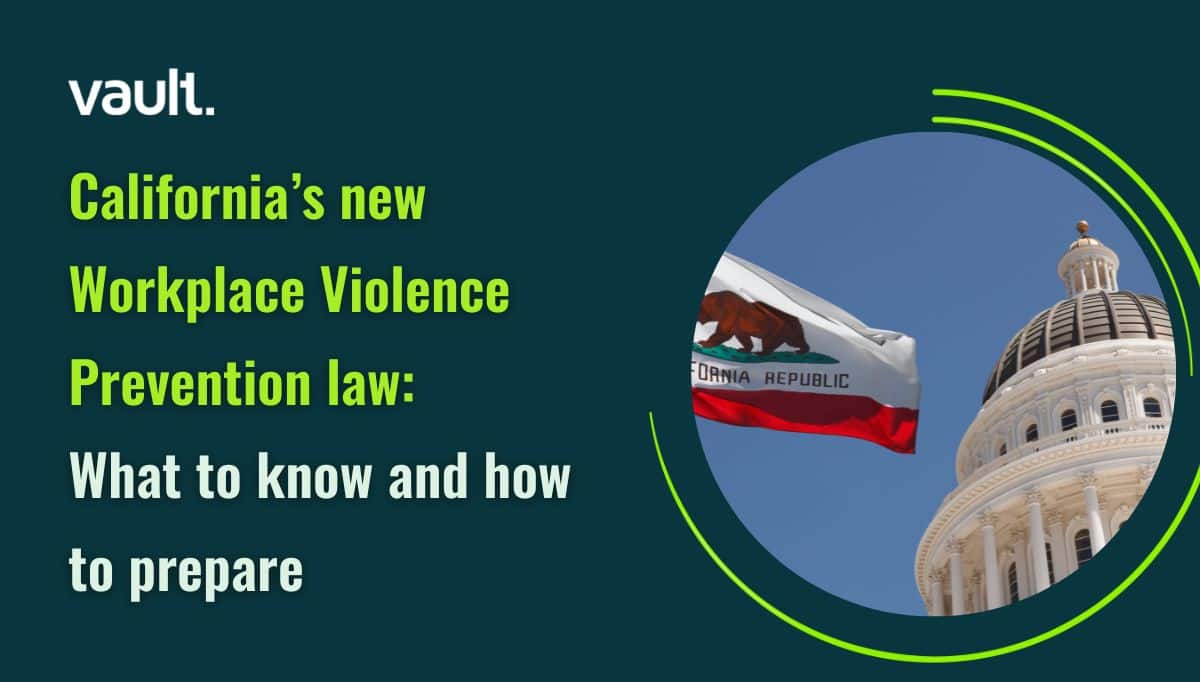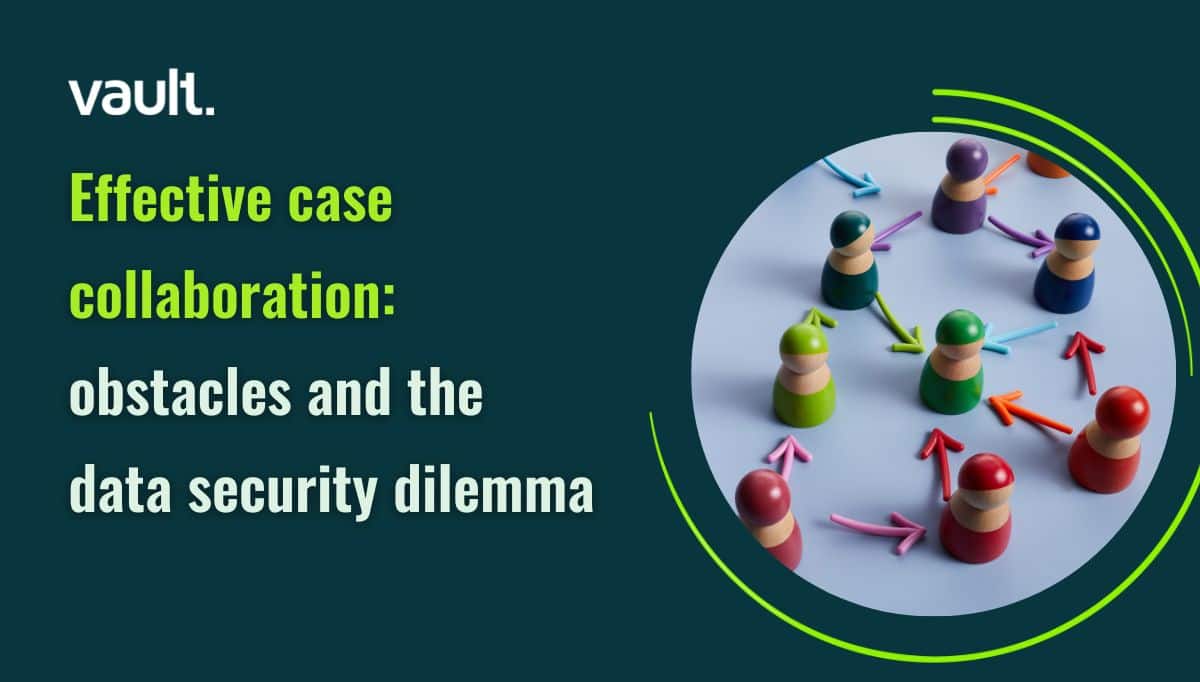
In this ongoing blog series, we’re examining the U.S. Justice Department’s (DOJ) revised corporate compliance policies to help General Counsels and Chief Compliance Officers understand their obligations.
In this blog post, we suggest ways your business can meet the DOJ’s expectations and elevate your ethics and compliance (E&C) programs to truly deter wrongdoing beyond simple compliance.
Heed The Call
Deputy Attorney General Lisa Monaco’s remarks came on 15th September 2022 at a New York University event. As part of her wider policy announcements, she called for corporations to disclose in a timely fashion relevant facts and records about all potentially culpable individuals involved in misconduct.
There are two significant parts to this call worth delving into; i) both companies and individuals will be held more accountable for workplace misconduct and ii) the speed at which misconduct is resolved and reported to the DOJ. Bad apples can exist in any organization but it’s how they’re dealt with and how quickly your organization reacts that really matters to the DOJ.
i) Rooting Out Problems
If your organization not only wants to comply with the DOJ’s plan but also set industry-high standards for business integrity, it must have efficient policies and programs that get to the root cause of misconduct.
When it comes to identifying culpable individuals, Vault’s GoTogether® feature enables employees to surface a report under the condition they’re part of a pattern, including when another Vault app user in their organization names the same specific individual as an alleged perpetrator.
Even if specific individuals aren’t named as perpetrators in misconduct reports, ethics and compliance professionals can use the data available in Vault’s Resolution Hub to spot trends and identify high-risk areas. It may be that there are specific departments where incidents occur more often, for example, or specific types of misconduct that are more prevalent. It’s then up to case managers to investigate and take action based on their findings.
ii) Time For A Change
Monaco urged organizations to report misconduct to the DOJ quickly and made it clear that penalties will be enforced on those that don’t turn over information fast enough.
Modern resolution platforms like Vault offer organizations insights that can drastically reduce the time between report submission and resolution. When data is decentralized, such as when it comes from incumbent solutions and spreadsheets, it makes data gathering and analysis a time-heavy nightmare. Audit logs need to be created manually, which leaves a lot of room for oversight and manual error. Vault on the other hand centralizes all data and allows you to export audit reports from within the Resolution Hub. This in turn speeds up the process of reporting to the DOJ, meaning your organization remains fully compliant and is able to demonstrate its commitment to proactively tackling misconduct, all in a timely fashion.
Rewarding Transparency And Honesty
According to a U.S. Sentencing Commission report, the number of guilty pleas by corporations has trended downward from a high of 304 in 2000 to just 90 in 2021. Coupled with this is the overall decline in corporate criminal prosecutions over the last decade, which Monaco called out. She added, “We need to do more and move faster.”
The memo issued alongside Monaco’s announcement directs enforcement sections of the DOJ to develop policies that encourage companies to voluntarily disclose misconduct. Organizations should be prepared to discuss their full record of past criminal and regulatory misconduct when resolving a case with the DOJ. Those that choose to disclose incidents of misconduct to the DOJ willingly will be eligible for deferred prosecution agreements. Critical to Monaco’s plan is encouraging organizations to be more honest and transparent with their misconduct reporting.
This extends into the preservation of communications as well. Firstly, compliance leaders must ensure the DOJ’s new approach to compensation is communicated internally. Secondly, they must establish effective policies to ensure that business-related information communicated on personal devices and third-party messaging platforms is preserved. “Cooperation credit” will be given to organizations that can collect and provide non-privileged information relevant to the investigation.
Handily, Vault facilitates communication between case managers and reporters and the uploading of documentation, such as copies of any communications from third-party channels. E&C teams can then keep track of all case materials and communications relevant to the case within the Resolution Hub and provide these to the DOJ as evidence for any ongoing investigations.
A Picture Of Health
The DOJ’s announcement makes it clear that organizations can no longer sideline their compliance commitments or continue with ‘business as usual’. They must show that they are reactively and proactively dealing with all forms of misconduct at all levels.
The key takeaways are that organizations need to aid any ongoing DOJ investigations and ensure that ‘bad apples’ – regardless of seniority – are dealt with appropriately. Speed and transparency are essential, as is easy access to as much historical and ongoing case information and data as possible.
Above all, your organization should aim beyond compliance to really stand out from the crowd. Taking a leading stance in the ethics and compliance space can help to differentiate your organization from competitors and ensure that you make headlines for the right reasons when DOJ investigations become public knowledge.



